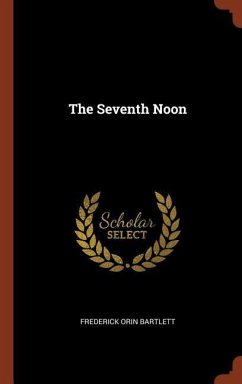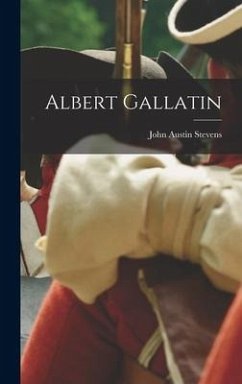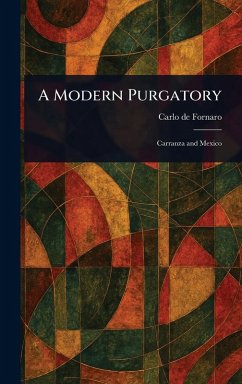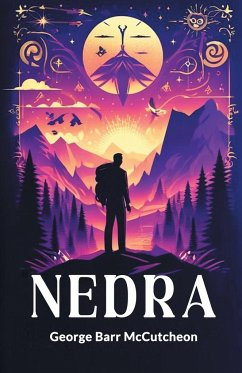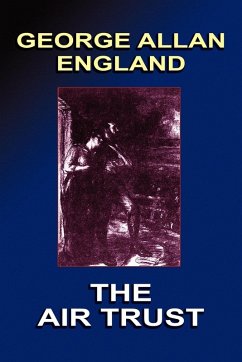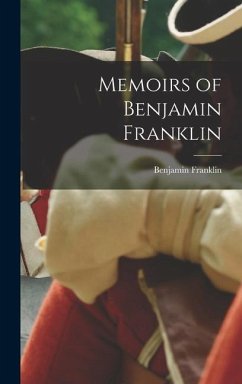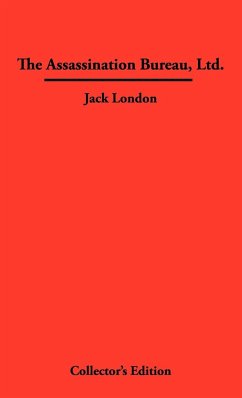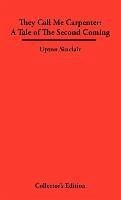
They Call Me Carpenter
A Tale of The second Coming
Versandkostenfrei!
Versandfertig in 1-2 Wochen
38,99 €
inkl. MwSt.
Weitere Ausgaben:

PAYBACK Punkte
19 °P sammeln!
As an American socialist, Upton Sinclair was fascinated by Christianity and wrote many fictional books that hummed around the main faith of Anericans. Titles like "Our Lady", "The Secret Life of Jesus" and "A Personal Jesus". "They Call Me Carpenter: A Tale of The Second Coming" is cleary set in the period when it was written in 1922 - the post WWI era. An excerpt from the story: "But you Americans have taken Christ the carpenter - I laughed. It appeared that at this moment we were passing St. Bartholomew's Church, a great brown-stone structure standing at the corner of the park. I waved my ha...
As an American socialist, Upton Sinclair was fascinated by Christianity and wrote many fictional books that hummed around the main faith of Anericans. Titles like "Our Lady", "The Secret Life of Jesus" and "A Personal Jesus". "They Call Me Carpenter: A Tale of The Second Coming" is cleary set in the period when it was written in 1922 - the post WWI era. An excerpt from the story: "But you Americans have taken Christ the carpenter - I laughed. It appeared that at this moment we were passing St. Bartholomew's Church, a great brown-stone structure standing at the corner of the park. I waved my hand towards it. "In there," I said, "over the altar, you may see Christ, the carpenter, dressed up in exquisite robes of white and amethyst, set up as a stained glass window ornament. But of you'll stop and think, you'll realize it wasn't we Americans who began that!"






